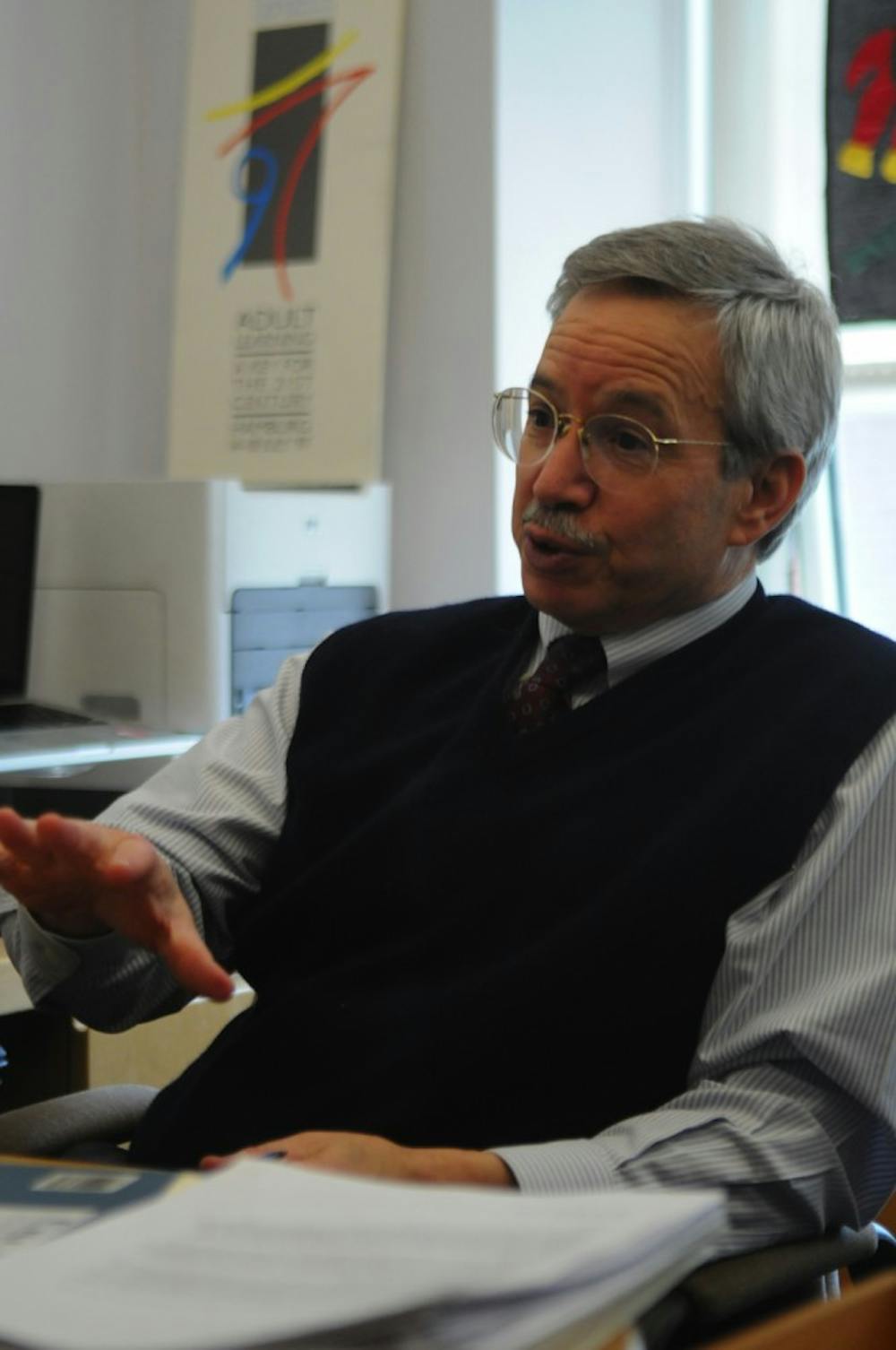
Out of the world’s total population, which is close to 6.7 billion people, an estimated 1 billion are either illiterate or low-literate, Graduate School of Education professor Daniel Wagner said.
In an effort to lower this figure, the United Nations Educational, Scientific and Cultural Organization has established a UNESCO Chair on Learning and Literacy at GSE. Wagner has been named as the chairman.
UNESCO’s chair program aims to further research and development in “all of UNESCO’s fields of competence by building university networks and encouraging inter-university cooperation,” according to UNESCO’s website. There are 695 UNESCO chairs in universities all over the world, but Penn’s is only the 18th in the United States and the first at a graduate school of education.
The establishment of the chair position at Penn creates vast opportunities for a strengthened partnership between the school and UNESCO — certain official functions that UNESCO has with the United States will automatically include Penn from now on, Wagner said.
It gives the school “a special responsibility and opportunity to be more involved with the United Nations … and to shape the policy discussion around what it’s important to be doing in the world of literacy,” Wagner continued.
The relationship between UNESCO and Penn dates back to 1994, when they co-established Penn’s International Literacy Institute, now directed by Wagner.
The ILI focuses on literacy issues for children and adults, with a focus on developing countries.
Literacy is such a poignant issue for the United Nations because “all the data we have shows that literacy is indicative of social and economic advancement,” Wagner said.
“While literacy is a complex issue … it seems that it is commonly understood as a dividing force, serving to further marginalize those who are continually excluded from economic and social mobility,” GSE doctoral student Katie Murphy explained.
Murphy, a student of Wagner’s, thinks that his “focus on literacy is grounded in a desire to promote equity and inclusion, and he has taken a practical approach to working with marginalized populations around the world to create innovative ways to promote basic literacy.”
Ultimately, the impact of the chair’s establishment will be beneficial for both UNESCO and Penn.
GSE masters student Alex Pak, who is currently one of Wagner’s students, wrote in an email that Wagner is “extremely committed to his students, passionate and exceptionally inspiring.”
He “engages his students to think critically, asking insightful questions and guiding his students to present evidence-based arguments,” Pak added.
“It’s one thing to say, ‘I want to change the world, I want to do good,’” Wagner said. “It’s a lot harder to do it, and efforts like the UNESCO chair will not shake the world … nonetheless, there are opportunities that get opened for people to work on what we’re starting, and these are opportunities that we hope to build on.”
The Daily Pennsylvanian is an independent, student-run newspaper. Please consider making a donation to support the coverage that shapes the University. Your generosity ensures a future of strong journalism at Penn.
DonatePlease note All comments are eligible for publication in The Daily Pennsylvanian.




